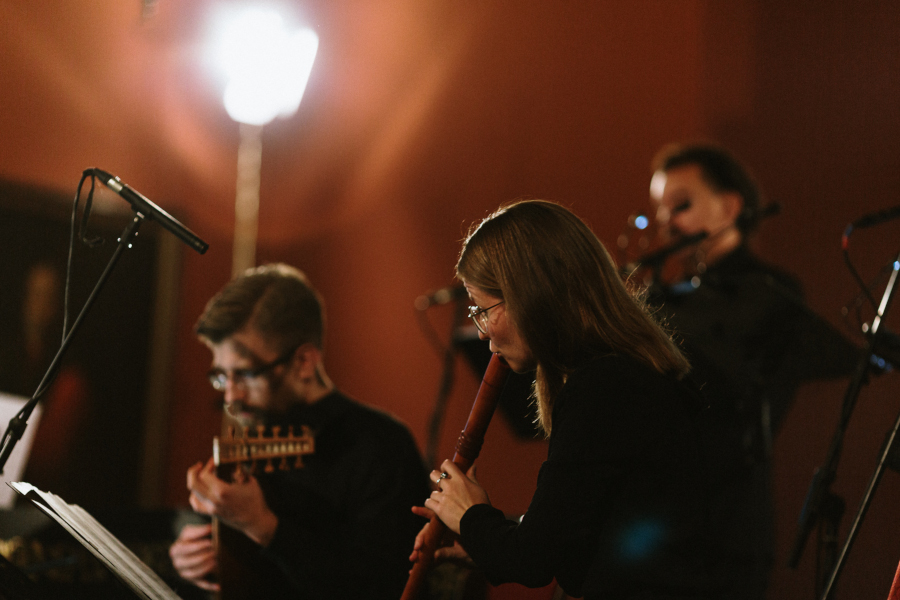In the 16th century, the Golden Age of culture and art, during the reign of Sigismund Augustus, the royal palace in Vilnius gathered famous European musicians. Among them were the best Polish composers of that time: Wacław of Szamotuły, Mikołaj Gomółka and Cyprian Bazylik.
The sophisticated tradition of sacred music written to texts in Latin was gradually enriched by the musical culture of the Reformation, whose hymns and other religious texts began to be translated into Lithuanian. In the history of Polish literature, the poetry of Jan Kochanowski is considered the most important in this respect. His Psalms of David, published in Kraków in 1579, drew the attention of musicians. Within a year, Mikołaj Gomółka created a collection of musical settings of Kochanowski’s Psalms. In Lithuania, translations of Polish texts appeared in both Protestant and Catholic books. In the programme of our concert, we want to show how the works of Polish composers sounded with texts in their mother tongue and Old Lithuanian, into which they were translated by the poets of the Reformation: Merkelis Petkevičius and Steponas Jaugelis-Telega and the Catholic Saliamonas Mozerka Slavočinskis.

